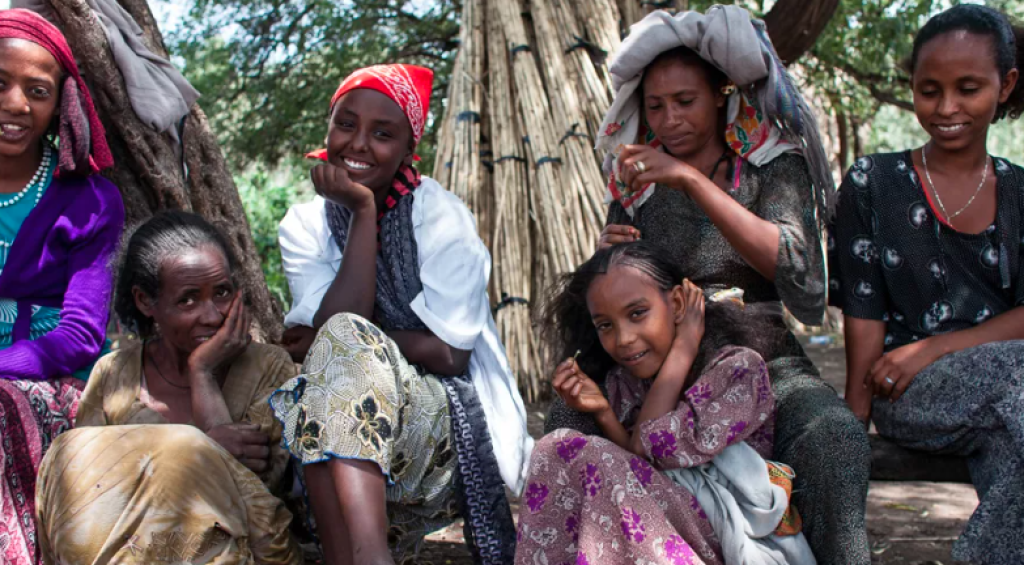In advance of the next meeting of the Sovereign Debt Roundtable on April 12, I want to provide a quick update on recent developments and reiterate my call for prompt action toward debt sustainability for debt distressed countries.
In my remarks at the G20 Finance Ministers and Central Bank Governors on February 24, 2023, I outlined the core debt challenges facing many developing countries. I referred to Zambia, Ghana, and Ethiopia where the debt restructuring process has stalled or is in urgent need of acceleration. Several middle-income countries are also facing a high risk of debt distress, and need a path toward meaningful debt restructuring.
The Debt Roundtable met in Bengaluru on February 25 where I outlined three principles for meaningful debt restructuring. These principles remain relevant and urgent ahead of the next Roundtable:
- Resolving the sovereign debt impasse is vital for development and is in our collective interests since faster resolutions will enable investment and growth;
- The World Bank is contributing fully to debt resolutions by providing highly concessional financing, including grants and net positive resources during the delays in the restructurings and will support debt restructurings with concessional and net positive resources as restructurings return countries to debt sustainability; and
- There should be a more predictable process that moves faster toward sustainability of the debt. In meeting the financing needs, it will be important to apply rules for transparency and for comparability of treatment, including a common discount rate.
I concluded the February 25 Debt Roundtable by urging progress on each restructuring – Zambia MOU, Ghana official creditors’ committee, Ethiopia restructuring, and Sri Lanka financial assurances.
I am glad to see some positive movement in recent weeks in Sri Lanka and Ghana, and I am calling for decisive efforts in Zambia and Ethiopia.
Sri Lankan authorities have obtained financing assurances from their major creditors sufficient to satisfy the IMF’s debt sustainability analysis and unlock the IMF-supported program, which was approved on March 20 by the IMF’s Board. Sri Lanka will be able to defer bilateral and private debt service payments for two years and work in the coming months toward a debt treatment that achieves medium- and long-term debt sustainability. Sri Lanka has become eligible to get concessional support from IDA20 given the decline in its per capita income, though it is not eligible for the IMF’s Poverty Reduction and Growth Trust (PRGT). The agreed IDA financing envelope of $1.75 billion for four years beginning in FY23 provides highly concessional resources. When approved by the WB Board, the IDA credits will aim to support much-needed investments and reforms to improve fiscal sustainability, increase the resilience and efficiency of the financial sector, and strengthen social safety nets .
For Ghana, there has been continued work toward establishing the official creditor committee (OCC) pursuant to the G20 Common Framework. The OCC will bring together the Paris Club creditors as well as China and other non-Paris Club official bilateral creditors under France’s chairmanship. Domestic debt restructuring remains a challenge, but there has been good collaboration among the WB, IMF, official bilateral and private sector creditors with respect to sharing key relevant information on the macro-economic framework, debt composition and debt service payments.
I remain deeply concerned about the stalemate in Zambia, which has been seeking a Common Framework debt restructuring for over two years. It has undertaken fiscal and economic reforms to ensure stability and foster growth. Restructuring options were presented to the bilateral creditors in mid-January by the Common Framework/Paris Club Secretariat, but no agreement on debt treatment has been reached. This is needed for the IMF to be able to complete the first review of its program and provide disbursements for Zambia. Zambia’s government has taken many decisive actions that has allowed large World Bank IDA support to continue. Now international creditors need to provide prompt debt relief to maintain the Common Framework.
Ethiopia’s implementation of the peace agreement creates an opportunity for the international community to support much-needed economic reforms. Another important step is a prompt agreement with the IMF. This could help to unlock an agreement under the Common Framework which will put the country back on a path of debt sustainability.
Ahead of the April 12 meeting, the co-chairs of the Global Sovereign Debt Roundtable (the World Bank Group, IMF and India as G20 Presidency) are working to reach agreement with official and private sector creditors and debtor countries on the critical elements of a strengthened G20 Common Framework debt restructuring process. Among the technical aspects, the World Bank is urging clearer timelines, a debt service suspension by official and private sector creditors at the beginning of a Common Framework, and other steps. I also hope that we can collectively agree on the treatment of interest and penalties accrued during the debt restructuring.
To make the Common Framework process more transparent, it is important to agree on clear and early data sharing arrangements among all creditors, including the joint WBG-IMF debt sustainability analysis, and get commitment from debtors and creditors to timely debt reconciliation. To reduce uncertainty and moral hazard, there should be clarity on how the Common Framework process will support equal burden-sharing among official bilateral and private sector creditors. This requires agreeing on the methodology for assessing comparability of treatment and choosing a common discount rate for calculating each creditors’ reduction in net present value.
The roundtable has enabled a better understanding of the many issues that need to be resolved for the successful debt treatment for issues facing countries like Ethiopia, Ghana, and Zambia. However, there is urgency to act quickly, and the World Bank will do whatever it can to contribute toward a solution for these countries.
Source : World Bank





































































